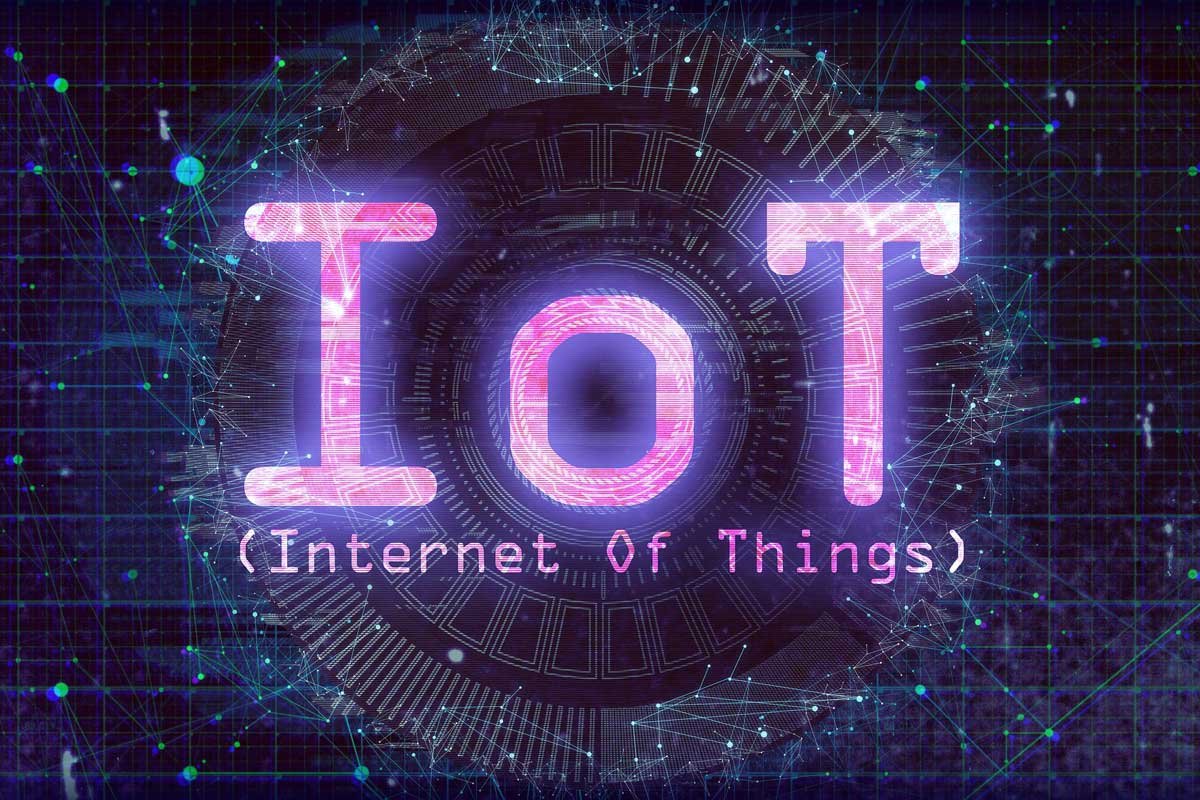Have heard about the Internet of Things (IoT)? Don’t worry if you haven’t you are not alone. You might not have heard about the word IoT, but you must have experienced it in some form. It may be through, a smart thermostat, a smart TV, a fitness tracker, a voice-controlled device and self-driving technology (ADAS).
So, what exactly is the Internet of Things? In the simplest terms, it refers to the network of physical devices, vehicles, home appliances and other items that are embedded with sensors, software, and connectivity, enabling them to collect and exchange data. This data can then be scrutinized and used to automate tasks, improve efficiency, and ultimately create a more seamless and connected world.
Should you care about the Internet of Things and its potential impact on our lives and business? Here are a few reasons why the Internet of Things is important also its pros and cons
1 Increased Efficiency and Productivity
A significant advantage of the IoT is its capacity to mechanize and simplify operations, lessening the requirement for human involvement and releasing valuable time and resources. As an illustration, intelligent manufacturing plants can employ IoT-powered detectors to supervise machinery and apparatus, foreseeing when maintenance is necessary before any malfunction takes place. This not only lessens unproductive time but also curtails the necessity for expensive repairs.
Similarly, it is also possible to use intelligent devices at home for automated tasks like switching on lights or adjusting temperatures in order to save both time and energy costs.
2 Improved Safety and Security
In various settings, the use of Internet of Things devices is also possible to enhance safety and security. In addition, connected cars can be used to warn drivers of potentially dangerous situations on the road, while smart homes are capable of monitoring intruders and fires using sensors and cameras.
For businesses, security systems that are connected to the Internet of Things can detect and respond to threats as soon as they occur, which helps protect employees and assets.
3 Enhanced Customer Experience
In order to create more personalised and engaging customer experiences, it is also possible to use the Internet of Things technology. For instance, retailers are in a position to track the behaviour and preferences of consumers using Internet of things enabled devices that enable them to adjust their offer for each customer’s needs.
Similarly, hotels and resorts can use the Internet of Things devices for personalising the guest experience in terms of setting up individual room temperatures or lighting as well as recommending local restaurants and amusements.
4 Improved Environmental Sustainability
Finally, the IoT could have a major role to play in promoting environmental sustainability. For example, intelligent buildings could be equipped with sensors that would optimise their energy consumption, reduce waste and decrease carbon emissions. The connected transport systems can also help to reduce congestion and pollution, while the use of smart farming techniques that minimise water consumption and waste could play an important role in optimising crop yields.

Use cases of IoT:
The Internet of Things is being used in various industries such as healthcare, agriculture, manufacturing, transportation, and more. Here are some examples of how IoT is being used:
- Smart homes: IoT devices such as smart thermostats, lights, and security systems can be controlled remotely using a smartphone. They can also learn user habits and adjust settings accordingly, making the home more energy-efficient.
- Healthcare: IoT devices such as wearables can monitor vital signs such as heart rate, blood pressure, and oxygen levels. This data can be sent to healthcare professionals in real-time, allowing for early detection and intervention of medical conditions.
- Agriculture: IoT sensors can monitor soil moisture, temperature, and humidity. This data can be used to optimize irrigation and fertilization, resulting in increased crop yield and decreased water usage.
- Manufacturing: IoT devices can monitor the performance of machinery, predict maintenance needs, and optimize production schedules.
- Transportation: IoT sensors can track vehicle location, speed, and fuel consumption. This data can be used to optimize routes and reduce fuel consumption, resulting in cost savings.
Pros of the Internet of Things
- Improved efficiency: IoT devices can automate tasks, reducing the need for human intervention and improving efficiency.
- Cost savings: IoT devices can optimize resource usage, resulting in cost savings.
- Improved decision-making: IoT devices can collect and analyze data, providing insights that can inform decision-making.
- Enhanced user experience: IoT devices can provide personalized experiences tailored to user preferences.
Cons of the Internet of Things
- Security risks: IoT devices can be vulnerable to cyber attacks, compromising user data and privacy.
- Reliability concerns: IoT devices rely on network connectivity, which can be disrupted, causing device malfunctions.
- Compatibility issues: Different IoT devices may use different communication protocols, making it difficult to integrate them with each other.
- Complexity: IoT systems can be complex to design, deploy, and manage, requiring specialized knowledge and expertise.
To put it briefly, the IoT holds the capability to transform our lifestyle, occupation, and communication with our surroundings. There are pros and cons to the Internet of Things, but the use case of IoT is efficient and its implication in future is going to be increased. Therefore, whether you’re an entrepreneur, a customer, or just an enthusiast of contemporary technological advancements, it’s high time to take notice of the IoT, as it’s here for good.


